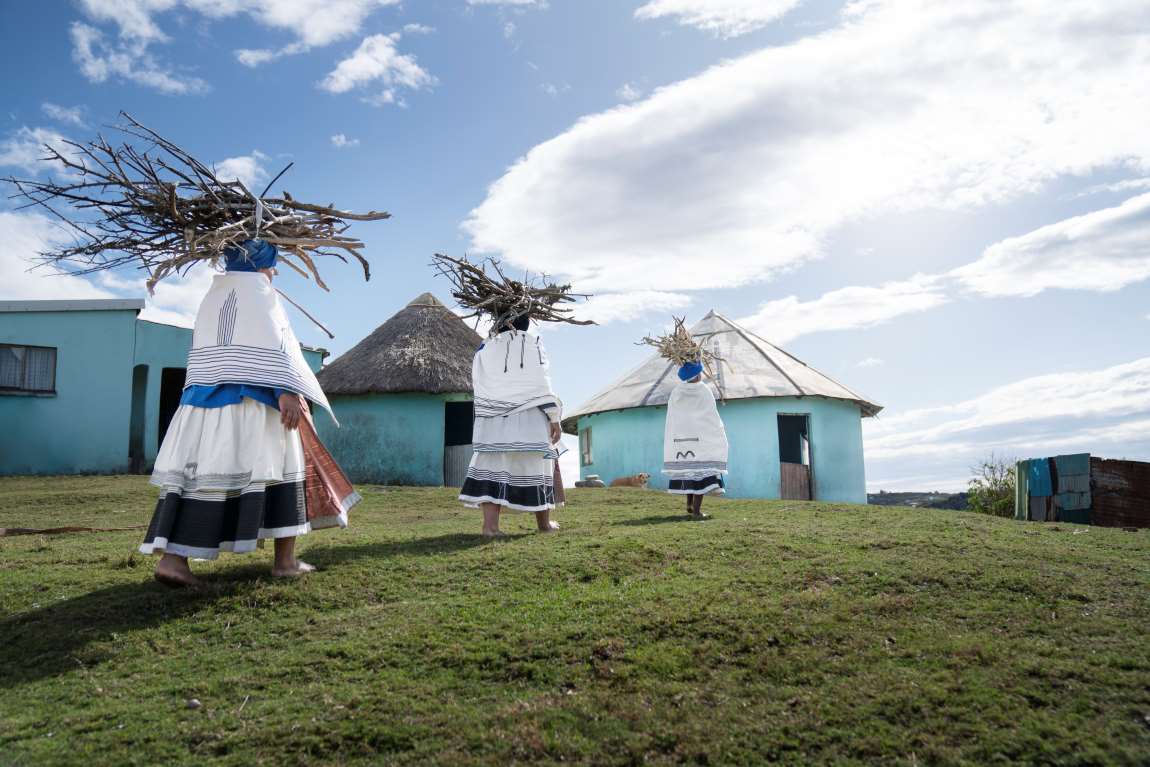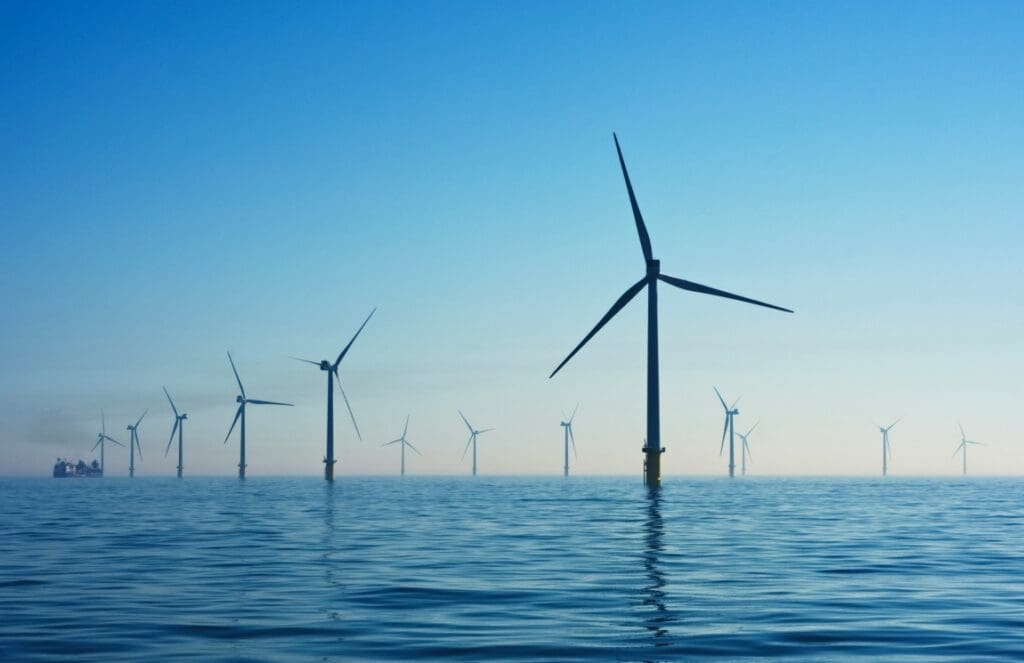A new study from University College London (UCL) reveals a troubling connection between climate shocks – specifically landslides, storms, and floods – and increased intimate partner violence (IPV) against women.
The research, published in PLOS Climate, suggests that the impacts of climate disasters on violence mirror the effects of economic downturns.
The research team, led by Professor Jenevieve Mannell, analyzed 363 national surveys from 156 countries, spanning the years 1993 to 2019, and found that climate-related events like floods and storms are correlated with spikes in IPV two years after the disaster.
“Recognizing the impacts that climate change has on intimate partner violence is critical, and countries can address this by implementing it into their Nationally Defined Contributions (NDCs) in support of The Paris Agreement,” authors said.
Disproportionate impact on vulnerable economies
Low- and middle-income countries bear the brunt of climate change’s harshest effects, whether through acute disasters like floods or chronic challenges such as rising sea levels. The research suggests that these climate events exacerbate existing gender-based inequalities, leading to increased violence.
“A small body of evidence shows that heat and humidity increase aggressive behaviors, including violence,” Mannell added. The study posits that the stress and instability following climate events, coupled with patriarchal gender norms prevalent in many countries, create conditions ripe for IPV to increase.
The researchers examined eight climate-related events using data from the Emergency Events Database: earthquakes, volcanoes, landslides, extreme temperatures, droughts, floods, storms, and wildfires. However, only hydro-meteorological events – landslides, storms, and floods – showed a significant delayed correlation with IPV.
Interestingly, the researchers noted that climate shocks influenced IPV on a scale comparable to economic drivers like GDP. Nations with higher GDPs generally reported fewer incidents of IPV, suggesting that wealthier countries may have more robust social support systems in place to mitigate such violence.
For example, after a severe storm, resources like shelters or food supplies may be stretched thin, increasing family tensions. As Professor Mannell noted: “Climate-related disasters increase stress and food insecurity in families in ways that can lead to increases in violence. They also reduce the social services often available for dealing with partner violence, such as police and civil society, who are more focused on the disaster.”
Implications for climate policy
The findings underscore the need for climate change policies that not only focus on environmental damage but also take into account the social consequences, including IPV. Countries like Samoa and Fiji have already included gender-based violence prevention in their Nationally Determined Contributions, an initiative born from the Paris Agreement to mitigate climate change effects.
The study calls for more regular data collection on violence against women in post-disaster contexts. “Governments may put in place shelters for disaster relief which are often overcrowded and unsafe, without thinking about the risks of sexual violence,” Mannell explained.
Additionally, the researchers urge countries to incorporate considerations of violence against women into broader disaster response plans, especially given the increased frequency and intensity of climate disasters.
While the study offers crucial insights into the delayed relationship between climate disasters and IPV, the researchers acknowledge limitations due to data availability. The two-year window may not capture all the nuances of how different types of climate shocks impact violence. More comprehensive data, they suggest, could provide a clearer understanding of the timelines involved and whether some events take longer to affect IPV than others.
As climate change continues to wreak havoc worldwide, the need to address its wider social impacts, particularly on vulnerable populations such as women, grows ever more pressing.
“We set out to explore what was happening at a national level to help inform international climate change policy,” Mannell said. The study’s findings could influence future environmental and social policies, aligning climate adaptation efforts with gender-based violence prevention.
Journal Reference:
Mannell J, Brown LJ, Jordaan E, Hatcher A, Gibbs A, ‘The impact of environmental shocks due to climate change on intimate partner violence: A structural equation model of data from 156 countries’, PLOS Climate 3 (10): e0000478 (2024). DOI: 10.1371/journal.pclm.0000478
Article Source:
Press Release/Material by University College London & PLOS
Featured image credit: pikisuperstar | Freepik




